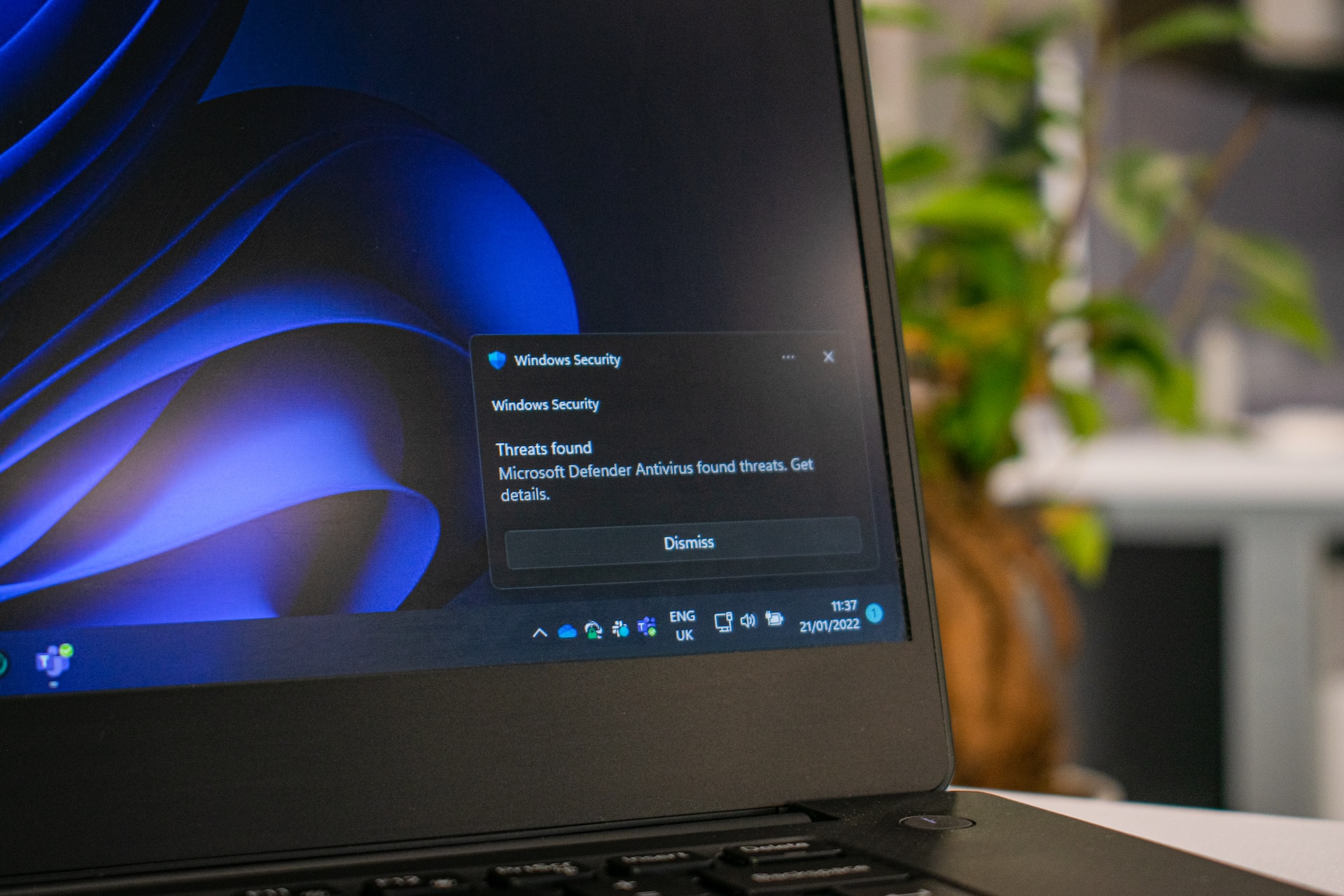Why You Need More Than Just an Antivirus Solution

With the rise of cybercrime in the last couple of years, using just antivirus is not enough to protect your personal information. We give too many permissions to various apps and don’t even check the data they collect on us. But if we combine an antivirus with other software and good online habits, achieving privacy online is not impossible. Here’s how to start!
Online privacy: What does it mean?
Online privacy and online security go hand in hand. We simply can’t talk about one without the other. Online privacy is concerned about the data various apps collect on users. For instance, social media platforms know more about you than you realize. Online security is all about keeping your personal information safe from hackers and cybercriminals who want to exploit it.
Antivirus software can only cover parts of your online security if you keep it updated. But once you start working on online security and privacy, you can be sure your information is not used by anyone else.
How to improve your online security?
Strong passwords
Using strong passwords is one of the most important aspects of online security. After all, cybercriminals need this information to gain access to your accounts. Therefore, creating hard-to-guess passwords is the key. Memorizing all the passwords is almost impossible, so use a password manager. That way, you’ll always have all your login information with you.
If you have the option to enable two-factor authentication, do it! This nifty feature can elevate security by ensuring you are the only person with access to your account. Even if your login information was leaked in a past data dump, cybercriminals can’t use your old credentials, which is a huge plus.
Use VPN when online
Many apps we use daily collect information about us. For instance, your favorite web browser might track what you do online. Even ChatGPT, which is all the rage right now, remembers your location and past questions. If you are unfamiliar with what ChatGPT is, it is a language model with the ability to converse with a user.
A VPN not only protects your privacy. It is a valuable tool for anyone who uses public Wi-Fi networks. These are often unsecured and exploited by cybercriminals. However, VPN’s powerful encryption keeps your information safe. Most importantly, a VPN masks your location by connecting you to a different server. This feature helps strengthen your privacy.
Disable trackers
As mentioned above, our data is collected by websites and services while we browse the internet. So when you see an ad on your feed tailored to you, chances are your information was used for marketing. Is there anything you can do about it? Absolutely!
Start by declining cookies on websites when possible. Disable ad customization on Google services, Facebook, and other platforms you frequent daily. Furthermore, iOS users can disable app tracking completely. If you are wondering what ChatGPT saves from the conversations, the answer is everything. The service uses your chats to improve machine learning. It means you need to be careful when sharing personal information.
If you want to get deep into which information is collected by various online companies, read their privacy settings. Location tracking on social media could be dangerous, so think about turning it off completely. And we need to mention the most famous search engine out there – Google. Google tracks so much data, but you can take matters into your own hands, at least partially.
Remember that you can’t directly shut down all the tracking done by Google, but you could delete your data by going to the My Activity dashboard. Switching to Bing won’t help much because its tracking is similar to Google’s. But search engines like DuckDuckGo are concerned about the privacy of their users.
No posts found
Write a review© 2004 - 2024 Tech Source Canada. Prices and availability are subject to change without notice. Tech Source Canada is not responsible for typographical errors or omissions. Product images are for presentation only, they may not be exactly as show. Price listed may be an online only price. All trademarks & logos are properties of their respective owners. SEO by Dazai Digital. Website hosted by Mister Webber.
